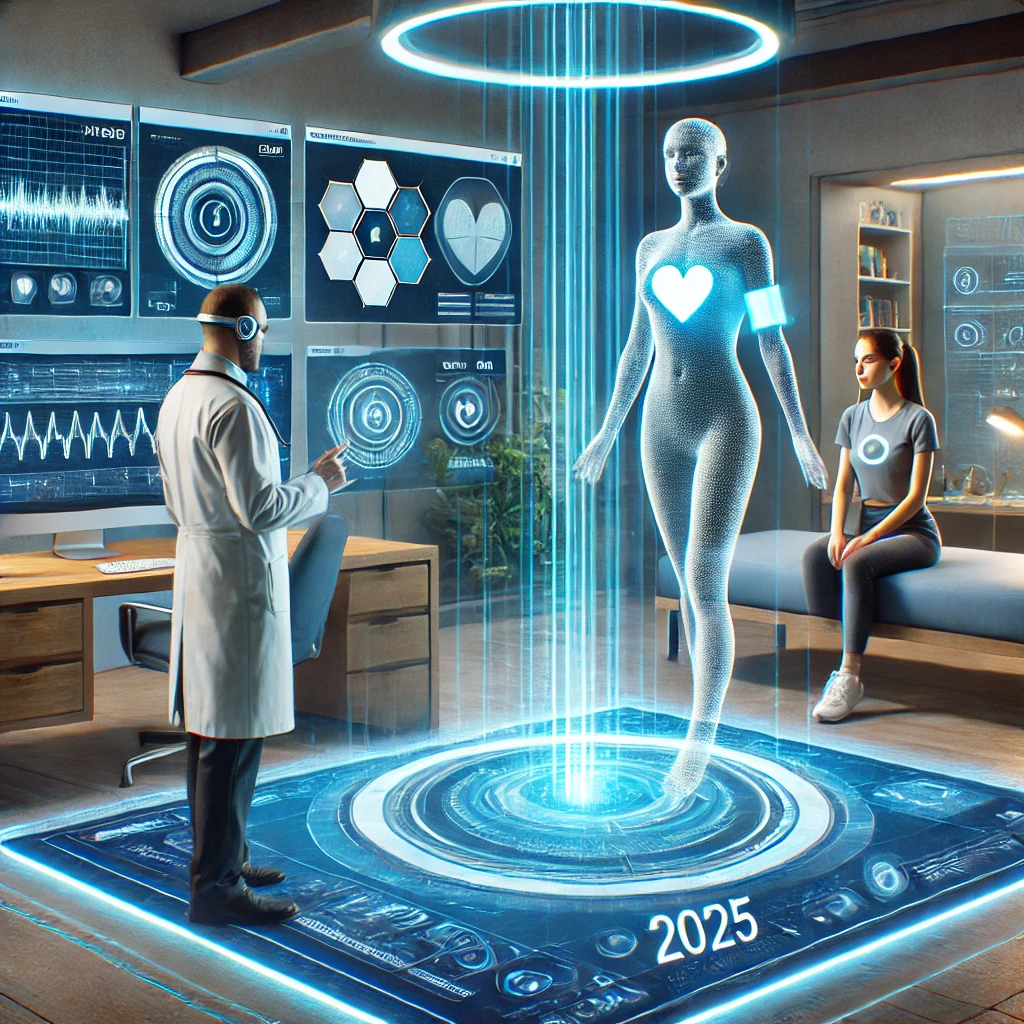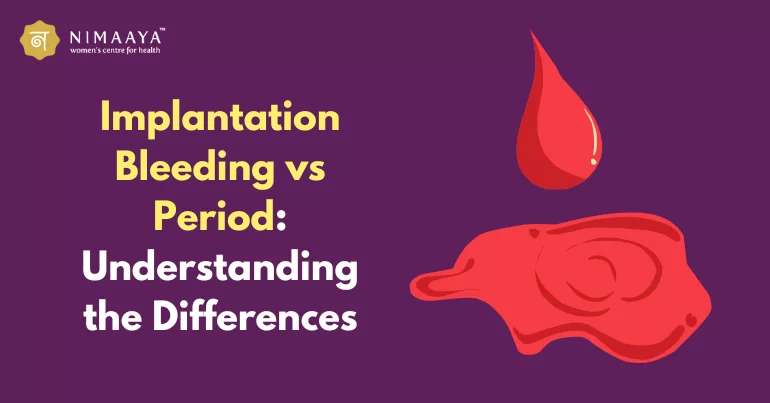
Pioneering the Future: How Genomic Advances Are Revolutionizing Personalized Medicine
What Is Personalized Medicine?
Personalized medicine, also known as precision medicine, is a medical model that customizes healthcare, with decisions and treatments tailored to the individual patient. This approach considers the patient’s genetic makeup, lifestyle, and environment, ensuring that interventions are more precise and effective.
The Role of Genomics in Personalized Medicine
Genomics—the study of an organism’s complete set of DNA, including all of its genes—has become the cornerstone of personalized medicine. Advances in genomic technologies, such as Next-Generation Sequencing (NGS), have made it possible to analyze an individual’s genome quickly and affordably. This enables healthcare professionals to:
- Identify genetic predispositions to diseases.
- Understand the molecular basis of diseases.
- Develop targeted therapies with fewer side effects.
- Predict drug responses and adverse reactions.
Key Areas Where Genomics Is Transforming Healthcare
- Cancer Treatment and Prevention
Genomic sequencing allows for the identification of cancer-causing mutations, enabling oncologists to select targeted therapies that specifically attack cancer cells without harming healthy tissue. For instance, BRCA gene testing helps assess breast and ovarian cancer risk, guiding preventive measures. - Pharmacogenomics: Personalized Drug Therapy
Pharmacogenomics studies how genes affect an individual’s response to drugs. By understanding genetic variations, doctors can prescribe medications that are more effective and have fewer side effects, reducing the trial-and-error approach in drug prescriptions. - Rare Genetic Disorders
Advances in genomics are helping diagnose rare genetic disorders more accurately and swiftly. Early diagnosis enables prompt intervention, significantly improving the quality of life for affected individuals. - Cardiovascular Diseases
Genetic testing for cardiovascular diseases helps identify at-risk individuals, allowing for early interventions through lifestyle changes and personalized medication plans. - Neurological Disorders
Genomic studies are shedding light on complex neurological conditions like Alzheimer’s and Parkinson’s, leading to better diagnostic tools and potential targeted therapies.
Challenges and Ethical Considerations
While genomic advances offer tremendous potential, they also present challenges:
- Privacy Concerns: The storage and handling of genetic information pose privacy and security risks.
- Ethical Dilemmas: Issues surrounding genetic discrimination and informed consent need careful consideration.
- High Costs: Despite decreasing costs, advanced genomic testing and personalized treatments remain expensive for many patients.
Future of Genomics in Personalized Medicine
The future of genomics in personalized medicine looks promising. Innovations like CRISPR gene editing, AI-driven genomic analysis, and advanced bioinformatics are set to revolutionize healthcare. Personalized medicine is expected to:
- Enhance preventive healthcare through predictive genomics.
- Facilitate precision oncology with more targeted cancer therapies.
- Improve chronic disease management through tailored treatments.
Genomics in personalized medicine involves using an individual’s genetic information to tailor healthcare treatments and preventive measures. Here’s how it works and its implications:
1. What is Genomics in Personalized Medicine?
Genomics studies an individual’s entire genetic makeup, including DNA sequences, gene functions, and interactions. Personalized medicine leverages this data to provide customized healthcare, moving away from the “one-size-fits-all” approach.
2. Applications in Healthcare:
- Targeted Therapies: Tailoring drugs to individuals based on genetic markers. For example, cancer treatments like Herceptin are prescribed based on HER2 gene status.
- Pharmacogenomics: Predicting drug efficacy and adverse reactions, optimizing drug selection and dosage.
- Disease Prediction and Prevention: Identifying genetic predispositions to diseases like Alzheimer’s or heart disease, enabling proactive lifestyle or therapeutic interventions.
- Diagnostic Accuracy: Enhancing precision in diagnosing complex diseases by understanding genetic mutations.
3. Technological Advancements:
- Next-Generation Sequencing (NGS): Rapid and cost-effective sequencing technologies have revolutionized genetic analysis.
- CRISPR and Gene Editing: Potential to correct genetic defects at the source.
- Bioinformatics and AI: Analyzing complex genetic data to derive actionable medical insights.
4. Challenges and Ethical Considerations:
- Privacy and Data Security: Safeguarding sensitive genetic information.
- Ethical Implications: Issues around genetic discrimination and consent.
- Economic Barriers: High costs of advanced genomic testing and treatments.
- Regulatory and Legal Frameworks: Need for policies governing genetic data usage and gene-editing technologies.
5. Future Prospects:
- Whole Genome Sequencing in Clinical Practice: Routine integration into medical diagnostics and preventive healthcare.
- Personalized Vaccines and Immunotherapies: Especially in oncology, tailored to a patient’s unique genetic profile.
- Precision Nutrition and Lifestyle Recommendations: Based on genetic predispositions and metabolic responses.
Would you like to explore specific case studies, technological details, or the ethical implications of genomics in personalized medicine?
Genomics in personalized medicine involves using an individual’s genetic information to tailor medical care, treatments, and preventive measures to their unique genetic makeup. Here’s how it’s transforming healthcare:
1. Precision Diagnosis
Genomic data helps in identifying specific genetic mutations that cause diseases, leading to accurate and early diagnoses. For example, BRCA1 and BRCA2 gene mutations are linked to a higher risk of breast and ovarian cancer.
2. Targeted Therapies
Personalized medicine uses genetic information to determine which treatments will be most effective for a patient. For instance:
- In cancer treatment, therapies like trastuzumab (Herceptin) are effective for patients with HER2-positive breast cancer.
- In cystic fibrosis, drugs like ivacaftor target specific CFTR gene mutations.
3. Pharmacogenomics
This field studies how genes affect an individual’s response to drugs, minimizing adverse drug reactions and optimizing drug efficacy. For example:
- Patients with variations in the CYP2C19 gene metabolize clopidogrel (a blood thinner) differently, impacting its effectiveness.
4. Predictive and Preventive Healthcare
Genomic testing can predict the risk of developing certain diseases, enabling preventive measures. For instance:
- Testing for genetic markers linked to Alzheimer’s or cardiovascular diseases can guide lifestyle changes or early interventions.
5. Gene Editing and Therapy
Advancements like CRISPR-Cas9 enable precise editing of faulty genes, potentially curing genetic disorders like sickle cell anemia and muscular dystrophy.
6. Ethical and Privacy Considerations
The use of genomic data raises ethical questions about data privacy, consent, and potential discrimination by insurers or employers.
7. Challenges and Future Directions
- High costs of genomic sequencing and interpretation.
- Need for robust data privacy laws.
- Integration of genomics with electronic health records.
Would you like to explore specific applications, recent advancements, or challenges in more detail?



 DailyMediCure
DailyMediCure 














